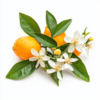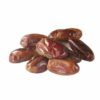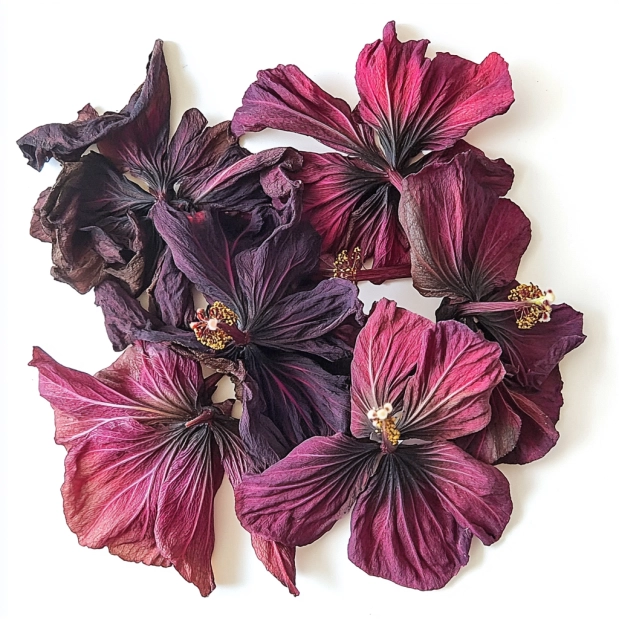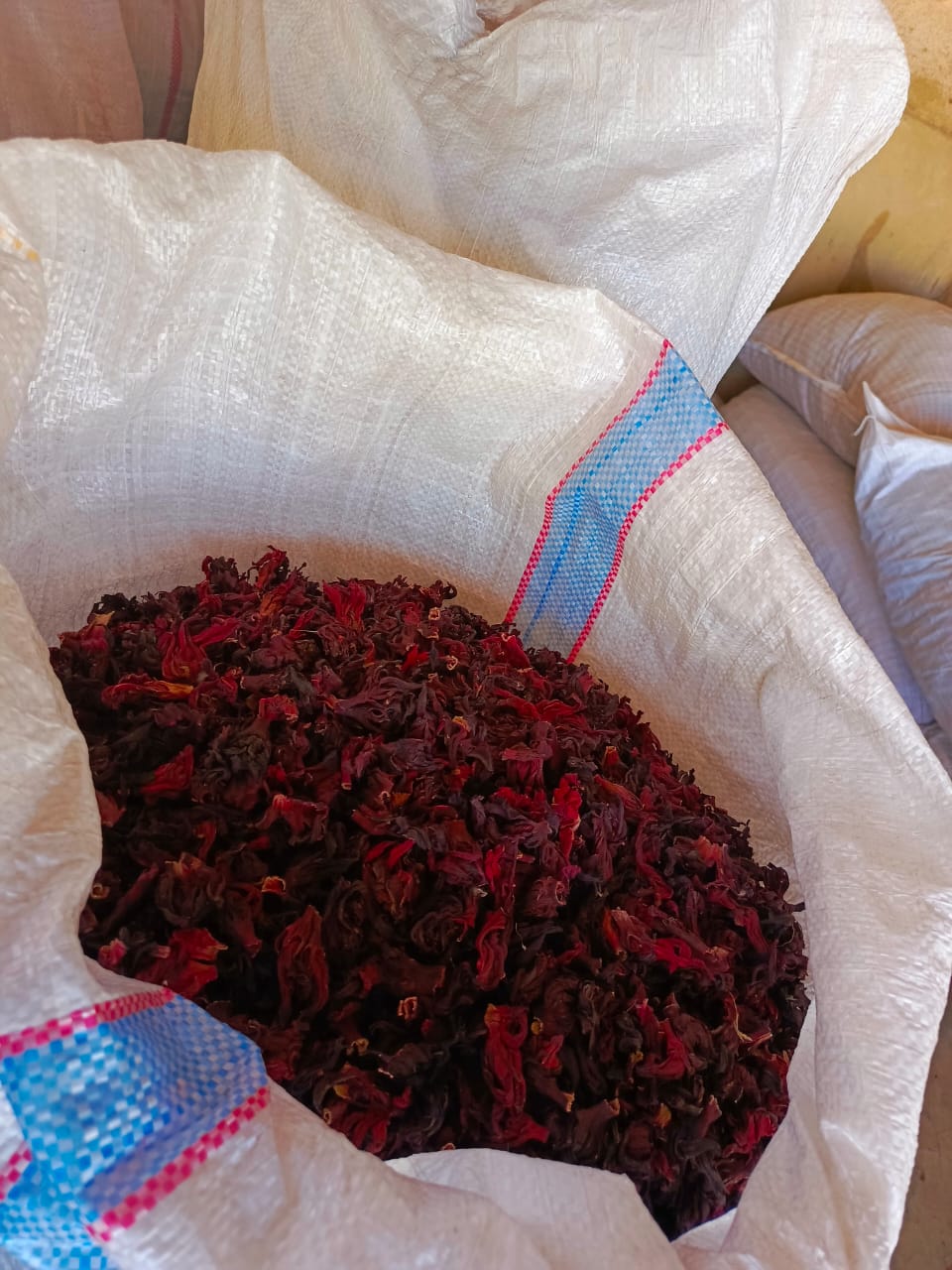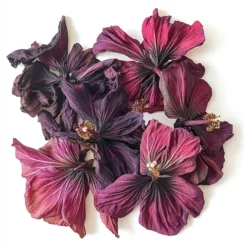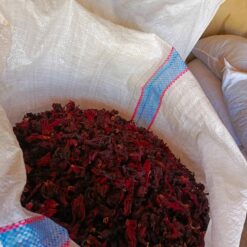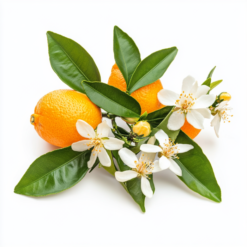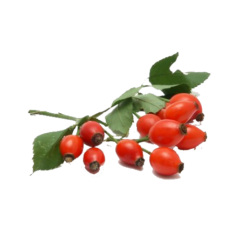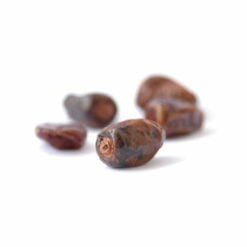The infusion of hibiscus flowers is distinguished by its distinctive, slightly tart taste, which is often enriched with other additives to give it a more balanced flavor.
In addition to its exceptional taste, hibiscus is known for its numerous health benefits, which are due to its wealth of nutrients and antioxidants.
Active ingredients and health properties of hibiscus flower
The hibiscus flower contains a number of organic acids, such as hibisic acid, citric acid, malic acid, tartaric acid and oxalic acid, which contribute to its distinctive flavor and promote metabolism. In addition, this flower contains a lot of anthocyanins, flavonoids and polyphenols, which are antioxidants. They delay the aging process of the skin and increase the body’s immunity. They protect against infections and accelerate healing. It is also worth remembering that hibiscus is a rich source of vitamin C. In addition to vitamin C, hibiscus provides valuable minerals such as calcium, phosphorus and iron, which further support the functioning of the circulatory and skeletal systems.
It also contains pectin and phytosterols, which help regulate cholesterol levels.
Health-promoting effects:
- Anti-inflammatory and antibacterial (prevention of respiratory infections)
- Lowering blood pressure
- Diuretic action, helping to cleanse the body of toxins and prevent water stagnation.
- Strengthening the immune system (protection against infections).
Uses of hibiscus flower:
Food industry:
Dried hibiscus flower is a popular ingredient in fruit and herbal teas. It gives the infusions a deep red color and a sour taste. It can also be used as a natural food coloring, as well as an ingredient in instant drinks and a variety of flavor blends. It blends well with other herbs and fruits, enriching the flavor of teas and cooling drinks.
Herbal medicine: hibiscus infusion is recommended as a support for digestive problems and for weakening the body. Laxative and diuretic properties make hibiscus used in the treatment of digestive disorders such as constipation. It has a mild tonic effect, supporting the normal work of the intestines, and also helps restore the body’s balance after illness or food poisoning.
Contraindications: Due to the lack of adequate studies on the safety of hibiscus use by pregnant and lactating women, it is not recommended for this group.
Hibiscus may also exhibit estrogenic effects, which should be taken into account by those planning pregnancy.


